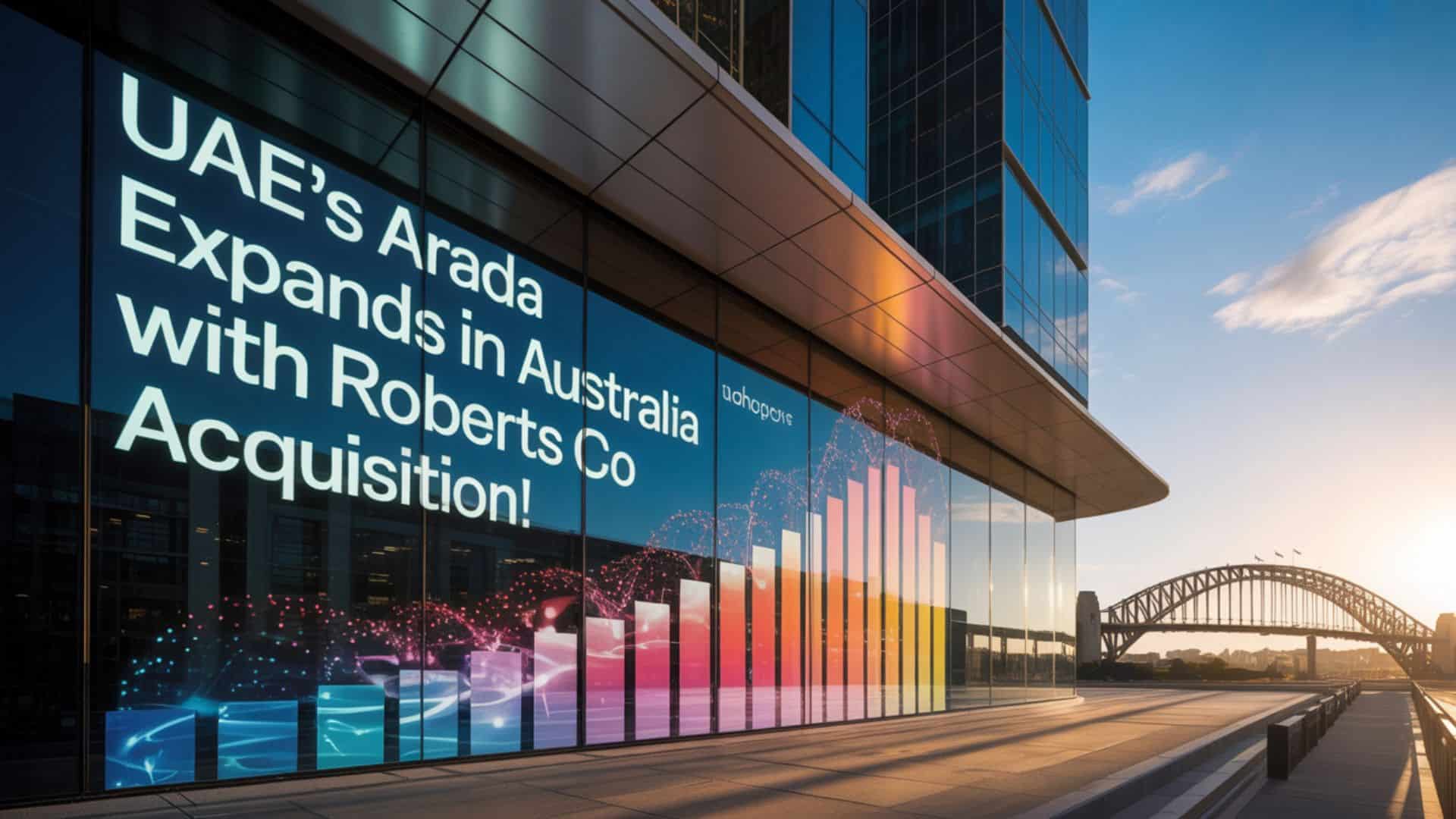Dubai Real Estate: Property Market Follows UK Model with Data-Driven Approach!
The UK property market, known for its transparency and regulatory structure, has become a benchmark for consumer experience
Dubai’s real estate market is rapidly aligning with the standards established by the UK, embracing greater transparency and data-driven practices, according to leading industry professionals.
The UK property market is widely recognised for its regulatory clarity and consumer-first approach. With more than 90% of British property seekers starting their search online—primarily through trusted platforms such as Rightmove and Zoopla—it has become a model for how property markets worldwide can deliver both accessibility and accountability.
How Dubai’s Property Sector is Mirroring UK Transparency Standards
“These aren’t just listing sites – they’re trusted sources for property price history, time-on-market indicators, and comparative area insights. Government data is also wide open. HM Land Registry provides granular sales data to the public, and national indices are updated monthly. Regulations now require listing platforms to disclose critical information – tenure, council tax bands, ground rents – before viewings even begin. It’s not just about access to listings. It’s about access to truth, and Dubai is not far behind,” said Firas Al Msaddi, CEO of fäm Properties.
The UK’s HM Land Registry plays a pivotal role in public access to real estate data, with detailed sales records and regularly updated national property indices. These efforts are complemented by regulations mandating listing platforms to publish essential information—such as tenure type, council tax band, and ground rent—before potential buyers even schedule a viewing.
Dubai is now echoing this transparent approach. The Dubai Land Department has made significant headway in releasing transaction data to the public. A central force in this development is DXBinteract, a platform created by fäm Properties, now regarded as the leading regional resource for property data and intelligence.
DXBinteract empowers investors, brokers, and buyers by offering deep insights into transaction trends and pricing movements—based on verified, real-time data rather than speculation.
“While the platform doesn’t yet offer building classification metrics, it’s already relied upon as the key source for broader real estate intelligence. As Dubai’s regulatory and consumer landscape moves closer to UK standards, DXBinteract is set to lead that transition, supporting professionals who build credibility and serve clients through facts, not sales talk,” Al Msaddi added.
Sustainability and ESG: A Shared Focus Between Dubai and the UK
In the UK commercial sector, sustainability and ESG (Environmental, Social, and Governance) compliance are becoming central to value creation. Regulations now prohibit leasing commercial spaces that fail to meet minimum energy efficiency ratings. Buildings with green certifications are seeing rental premiums of up to 12.3%, according to Knight Frank.
More than 70% of new developments in major UK cities are targeting BREEAM or LEED certification, reflecting a fundamental shift in how real estate value is assessed.
“This is not a trend, it’s a shift in how value is defined, and Dubai is entering the same era. Energy-efficient buildings are gaining traction,” said Al Msaddi. “Global tenants now ask for sustainability metrics. Developers invest in building performance upgrades to stay relevant.”
DXBinteract is on track to become Dubai’s counterpart to UK platforms like Costar and EG Radius, but with a distinctly localised focus.
“The UK real estate market has shown us that data, sustainability, and professional accountability are no longer optional, they are expected. Dubai is stepping into that same phase of evolution,” Al Msaddi concluded.


